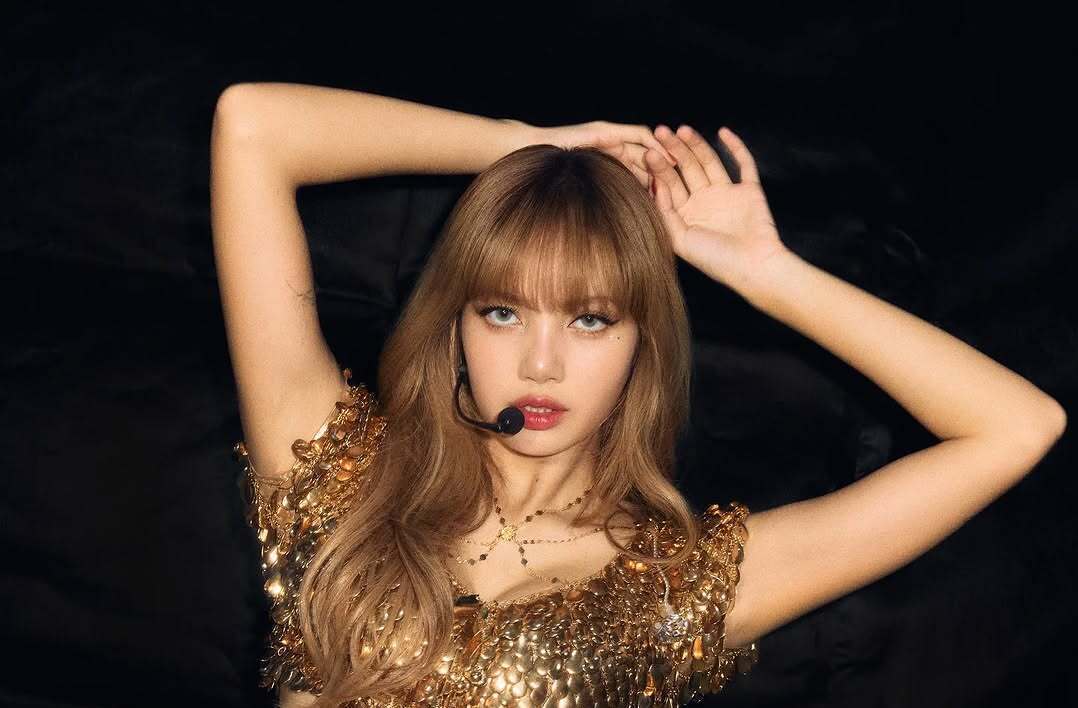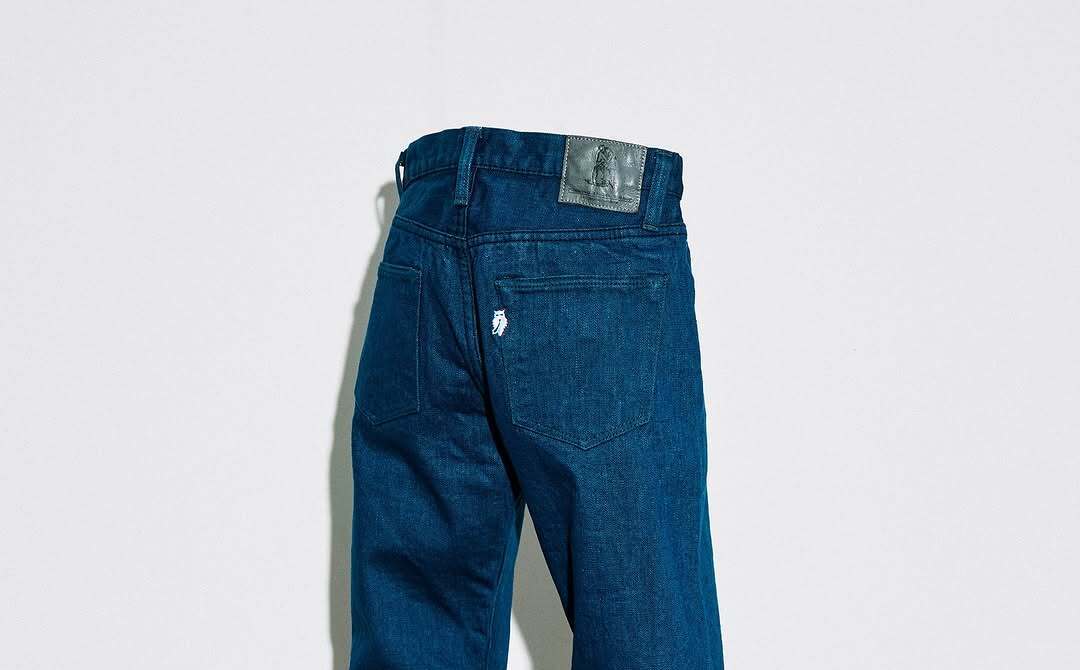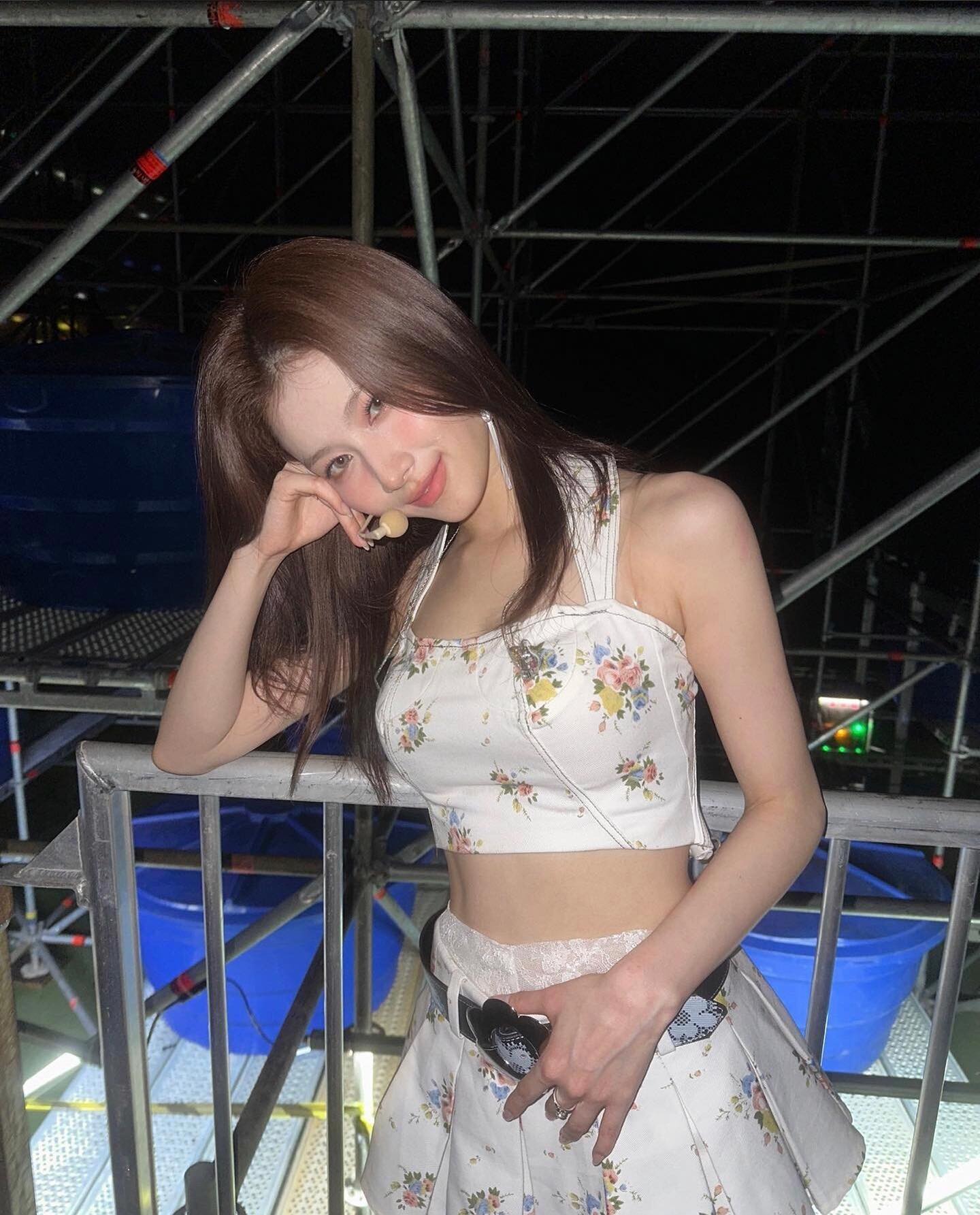Continuing the rich dialogue between wine and art, Chinese artist and writer Xu Bing challenges the conventions of language and cognition for Château Mouton Rothschild’s 2018 vintage. Natasha Gillespie-Wong deciphers the artist’s message
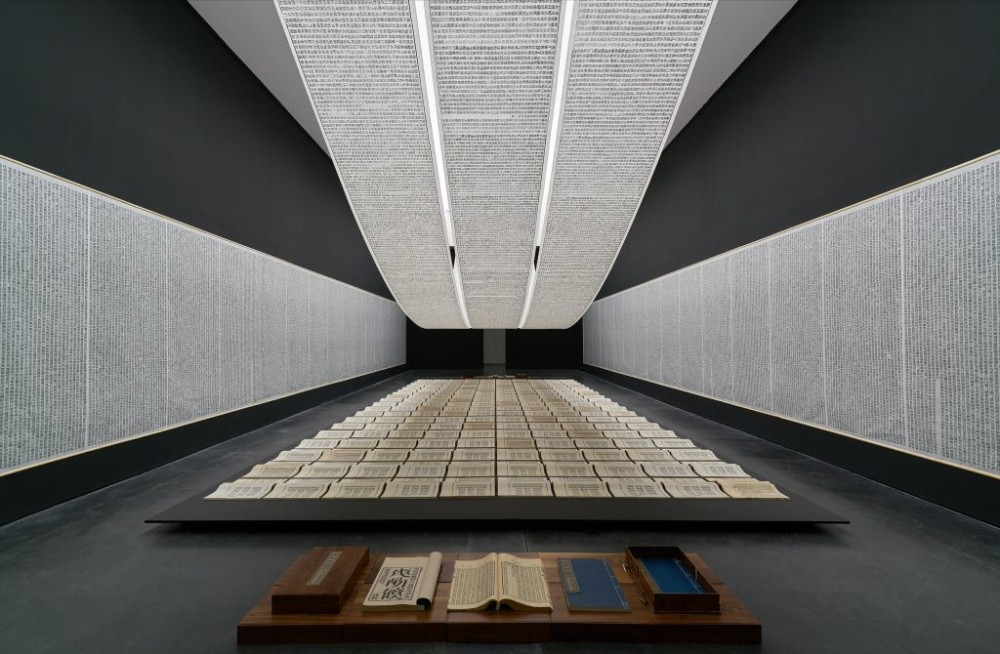
Don’t judge a bottle of wine by its label – unless it’s a Château Mouton Rothschild. Ever since 1924, two years after Baron Philippe de Rothschild took over the estate from his great-grandfather Baron Nathaniel de Rothschild and the same year he asked poster designer Jean Carlu to create an original label, art has been an integral part of the legendary winery’s identity.
The tradition of commissioning leading artists to create an original work for Mouton Rothschild labels began in earnest after the end of WWII. To commemorate the Allied victory as well as his return to the estate, Baron Philippe turned to a young unknown by the name of Philippe Julian. In the end, the pair settled on a design for the 1945 vintage featuring a “V” for victory alongside drawings of a laurel wreath and grape vines.
In the years since, a range of celebrated artists including Pablo Picasso, Francis Bacon, Jeff Koons and even Charles, Prince of Wales, have been given complete freedom of creation in contributing their own unique drawings, paintings and mixed-media artworks for each vintage – often inspired by the vine, human form and the ram, the Mouton Rothschild emblem.
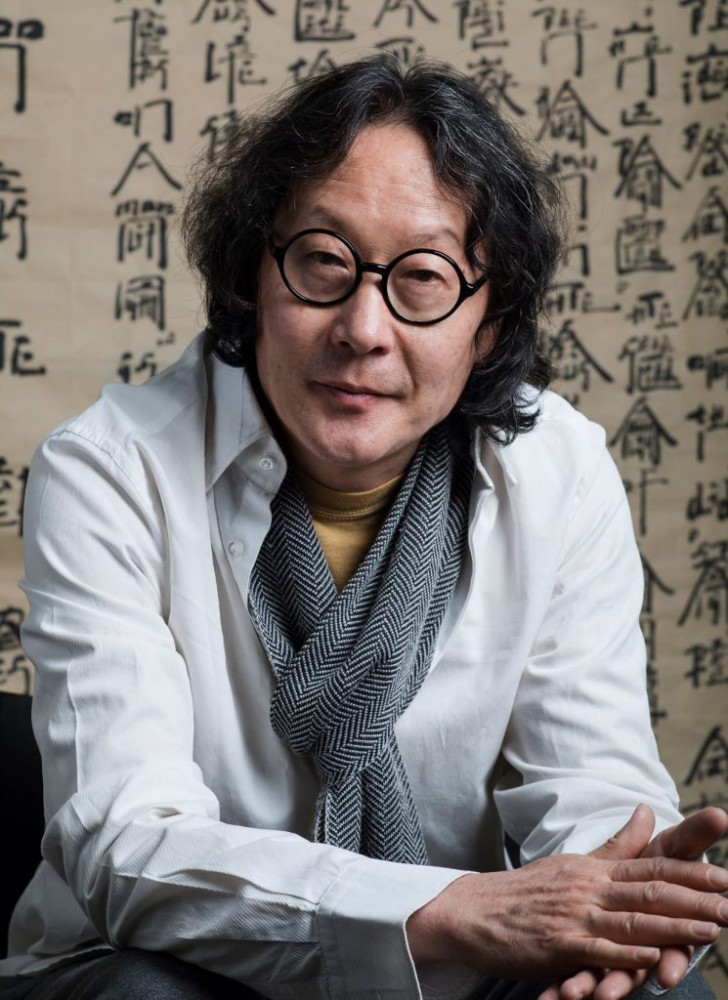
The latest, for the winery’s 2018 vintage, comes from Chinese artist and writer Xu Bing. “Each year I have the great honour of commissioning the artist for the vintage, exchanging views with them and following the progress of their work until the label is finished and revealed to the world,” says the estate’s current co-owner and vice-chairman of the board of directors at Mouton Rothschild, Julien de Beaumarchais de Rothschild. “When I discovered Xu Bing, I was captivated by him as an inventor of signs endowed with incredible poetic power.”
Xu, who was born in Chongqing and grew up in Beijing during the Cultural Revolution, is a multidisciplinary artist known for large-scale installations exploring the meaning of language. “My artworks are all linked by a common thread, which is to construct some kind of obstacle to people’s habitual ways of thinking – what I call the ‘cognitive structures’ of the mind,” he explains.
The artist – who splits his time between New York and Beijing, where he is vice-president of the Central Academy of Fine Arts – has also invented his own script that expresses “the bonds that unite cultures”. Square Word Calligraphy is a system in which English words come to resemble Chinese characters, challenging established notions of the two languages and “the foundation of cognition itself,” according to Xu.
It’s this system that Xu used to create the 2018 label, writing Mouton Rothschild in character-esque script and inventing a unique image, the words absorbed into the codes of Chinese ideography. The result resembles traditional Chinese calligraphy that upon closer inspection reveals its true identity – which, according to Mouton Rothschild, is “the same way that the aromas and flavours of a very fine wine, with patience, are also gradually revealed”.
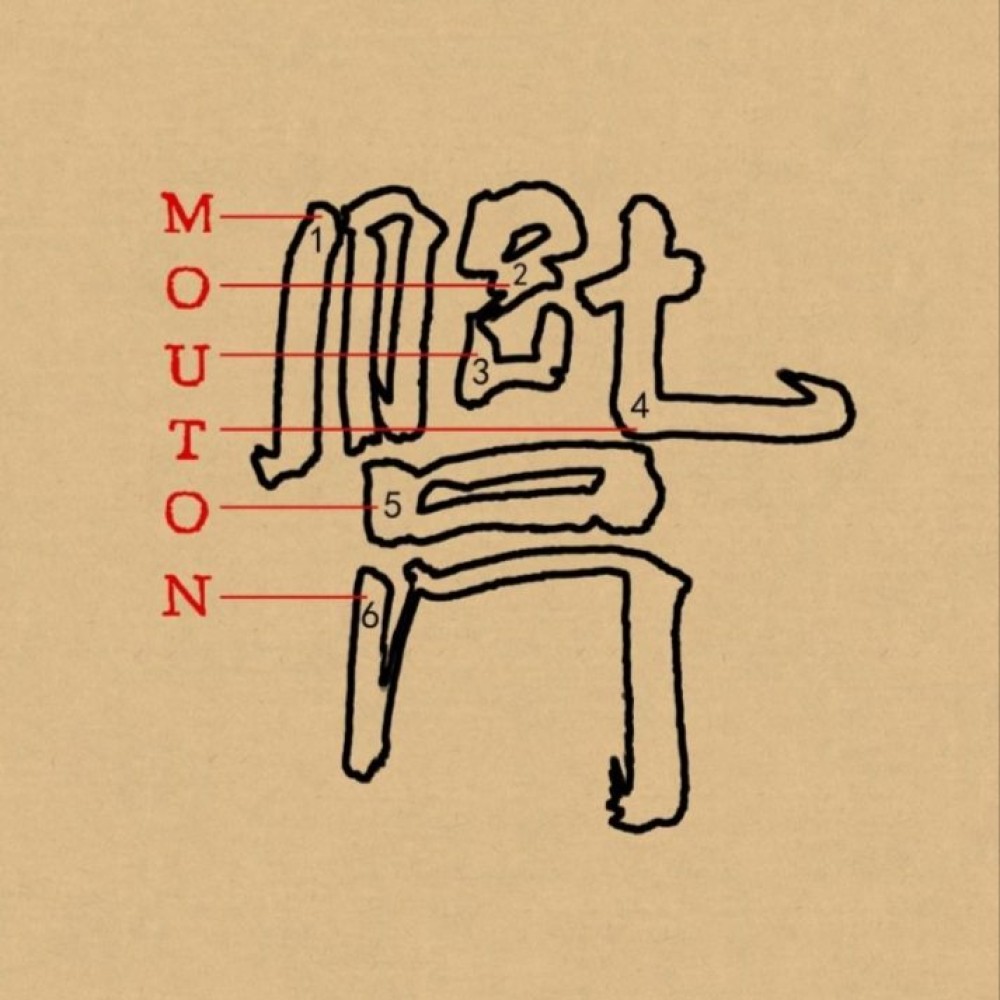
“My inspiration for creating the label comes from the reality of our lives,” Xu says. “We are urged to seek a new perspective and pivot our point of view to comprehend what is going on in the world. This concept also applies perfectly to the legacy of Château Mouton Rothschild; behind its name are layers of rich history waiting to be discovered.”
In fact, not only is Mouton Rothschild known as a winery and estate but it’s also home to the Museum of Wine in Art. Located in a former barrel hall, the museum contains exceptionally rare silverware, goblets, glassware, paintings, tapestries and more from medieval times to 17th-century Germany and beyond, all depicting the intricate links between wine and art through the ages.

Xu’s work is a welcome addition to the Mouton Rothschild – Paintings for the Labels exhibition, which has already been welcomed by more than 40 museums around the world. The exhibition was the brainchild of Baron Philippe’s only child, Baroness Philippine de Rothschild. Since her father’s death in 1988, the former actress alongside her three children, Julien, Camille and Philippe, have shouldered the responsibility of running the estate and are credited with bringing the family business into the 21st century.
Julien, in particular, was drawn to the relationship between art and wine. “In my youth, Mouton and its treasures awakened in me and enhanced the awareness of the world of art. I went on to study art history, specializing in Old Master drawings and paintings,” he says.
“Art and wine have much in common, such as culture and sharing, knowledge and work, beauty and humility. Those essential values are a foundation on which we can always build. The relationship between art and wine is a happy pairing which has lasted for centuries if not millennia, as attested by the thousands of sacred and secular works of art by so many painters, sculptors, engravers and writers for whom wine, the vine and the pleasure of drinking have been such a source of inspiration.”
See also: Johnny Coca rejoins Louis Vuitton as women’s leather goods and accessories director




